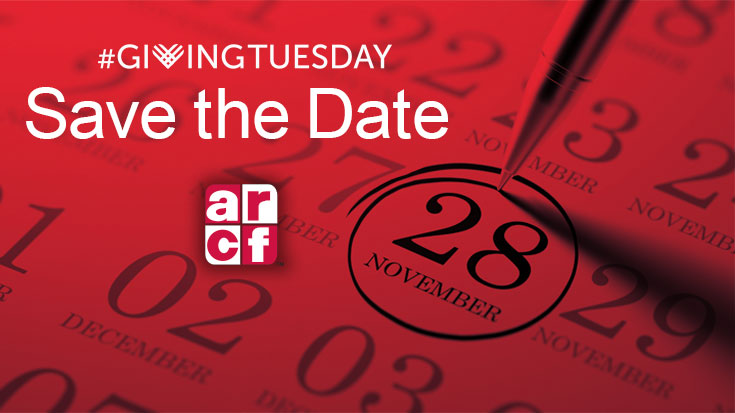
The American Respiratory Care Foundation (ARCF), a 501c3 nonprofit organization, enhances and advances the respiratory care profession through the support of research, education, and patient-focused philanthropic activities. This #GivingTuesday (Nov. 28, 2017), the AARC invites you to support and further the efforts of the ARCF through your contributions.
Make a Donation to the ARCF on #GivingTuesday, November 28
How does the ARCF help advance respiratory care?
The number one reason to donate to the ARCF is to better patient lives through the support of respiratory research, education and charitable patient activities. The ARCF offers a variety of awards and grants to help respiratory therapists, researchers and physicians further the science and practice of respiratory care. In fact, just this year, 17 awards were presented at the AARC Congress. We asked recipients to share how the ARCF is helping them reach their career goals to further the respiratory care profession.
Advancing your degree
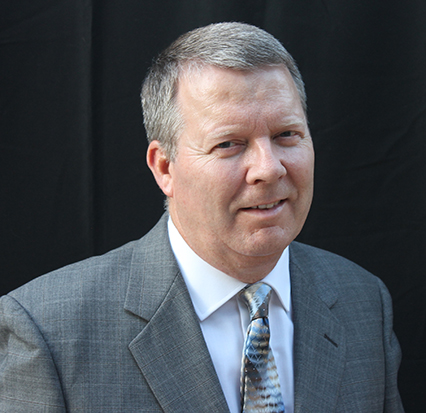
Kevin Collins, MSc, RRT, RPFT, AE-C, is an associate professor at Texas State University and received the 2017 NBRC/AMP Gareth B. Gish, MS, RRT Memorial Postgraduate Education Recognition Award.
“As the sole financial provider of my family, this award has helped me to offset the cost of graduate school,” Collins said. “As a respiratory therapist pursuing a doctoral degree, I appreciate the fact that the ARCF offers post graduate educational awards for those in the respiratory care profession.”
Collins is developing a doctoral dissertation that consists of researching asthma on the college campus, including the barriers and challenges students with asthma experience in self-managing their lung disease.
“As the father of a son with asthma, this topic has special meaning to me,” Collins said. “Through my research, I hope to improve the care of students with asthma on college campuses. I am grateful to the ARCF in their support of RT graduate students as they pursue their education and research related to the respiratory care profession.”
Changing practice
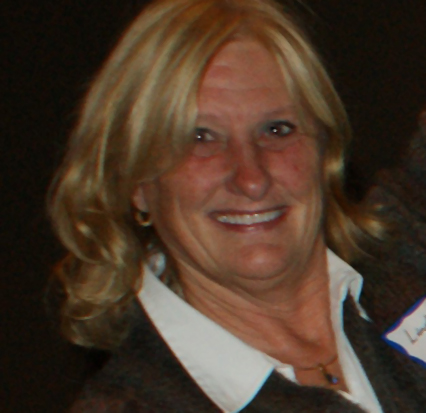
Linda Schofield received the Jeri Eiserman RRT Professional Education Research Fellowship award for her research on the endOclear® Restore™ and the endOclear® Liberator™ devices in patients who were intubated greater than 24 hours. According to Schofield, these devices clear the endotracheal tube of mucus and adherent secretions, lowering tube resistance, and restoring the tube’s luminal patency.
“It has also been proven to decrease ventilator days, decrease ICU length of stay and provide cost savings,” Schofield said.
She also explained that these studies changed the practice in her ICU by creating a daily weaning protocol and a suction protocol that is consistent with the current AARC suction guidelines.
“Extensive education was provided to our critical care nurses and respiratory therapists,” Schofield said. “It is very rewarding to be involved in changing practice and providing safer and more effective care for critically ill patients. I am grateful for the recognition this work has received.”
Love what you do
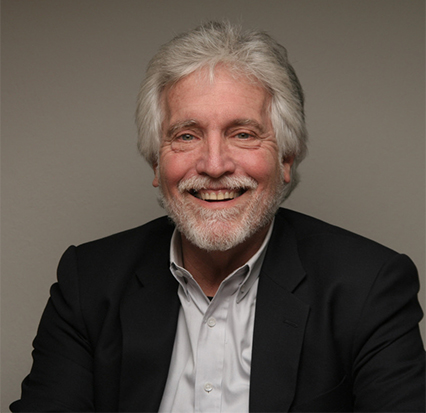
Jim Fink, PhD, RRT, FAARC, FCCP, an adjunct professor at Georgia State University and Rush, is the 2017 recipient of the Forest Bird Scientific Lifetime Scientific Achievement.
“The Forest Bird Scientific Lifetime Scientific Achievement is an amazing honor,” Fink said. “It has previously been awarded to a range of physicians and therapists whose commitment to research has changed how we as therapists do what we do. It is a great honor to somehow be included with these luminaries.”
Fink explained that his roles in his more-than-45-years career as an RRT have changed, with transitions from OJT clinicians, supervisor, educator, manager, administrator, as well as a transition from acute and critical care facilities to the last 17 years working in industry.
“Of course I was an OJT in research as well, so mentors and friends such as Rajiv Dhand, Myrna Dolovich, and Bruce Rubin patiently nurtured my desire to make sense of the gap between clinical practice and the evidence supporting that practice, and have encouraged my efforts over the past 30 years,” Fink said. “I have been blessed with the opportunities to work with bright and motivated Respiratory and physical therapists—Arzu Ari, Hui-Ling LIn, Armele Dornelas, David Vines, Rob DiBlasi, and too many others to name—and their students around the world to support their efforts and actively collaborate in both bench and clinical aerosol research that impacts and changes practice for the good of our patients.”
Fink also added that “this award is a tremendous validation from the profession I love; that it is not where you work, but what you do. And whether your research is funded by NIH or grants from Industry, meaningful and ethical research can happen and be recognized.”
A goal for compassion and dedication
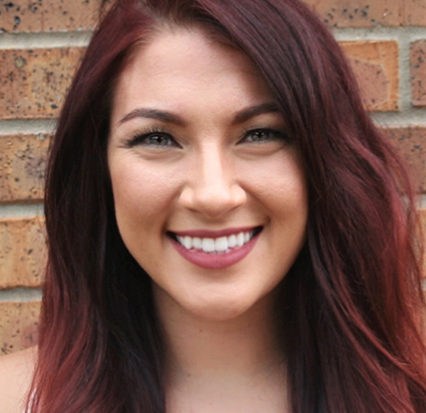
Melanie Walker received the Jimmy A. Young Memorial Education Recognition Award, for undergrad students. This award honors the memory of Jimmy A. Young, past president of the AARC, who personally made an extensive impact on respiratory care education. It is awarded to a student currently enrolled in an accredited respiratory care education program.
“The education recognition award is not only an incredible honor, but has helped ease some of the financial burdens of tuition costs, books, and clinical site travel expenses,” Walker said. “My hopes are to make a profound improvement in respiratory care by showing compassion to future patients, dedication to work and passion for my field of practice; to embrace opportunities, implement new found strategies, and make my own unique contributions to the respiratory profession. I am immensely grateful to have received this award.”
Finding your path
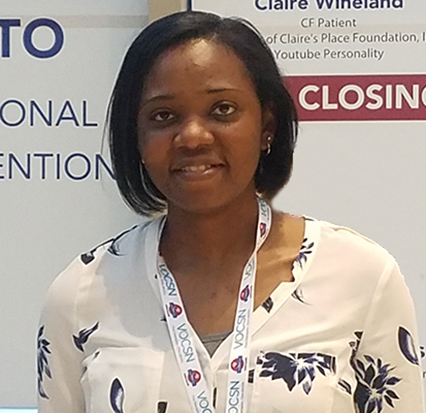
Nkiruka Mary Achionye received two undergraduate awards: the Morton B. Duggan Jr. Memorial Education Award and the NBRC/AMP William W. Burgin Jr., MD and Robert M. Lawrence, MD Education Recognition Award.
“This came as a shock to me because it was unexpected. This financial award will help alleviate the financial burden that comes with being in college, Achionye said. “Truly, I have found my career path in Respiratory and this award has inspired me not only to advance my education in the healthcare field, but to do research and be knowledgeable especially on rare respiratory disease processes. I am very grateful for my Professors at Georgia State University, Atlanta, who have been very supportive and the ARCF trustees who deemed my paper worthy of recognition.”
Global thinking
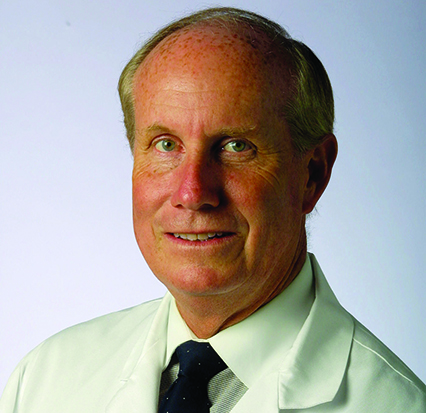
Dr. Neil MacIntyre, MD, FAARC, FCCP, earned the 2017 Hector Leon Garza, MD International Achievement Award.
“Dr. Garza is a real ‘giant’ in international respiratory care who has long emphasized the importance of research and education in advancing respiratory care globally,” Dr. MacIntyre said. “I was truly honored to receive the international award named for him.”
The award recognizes respiratory therapists, physicians, and other health care providers who have had a profound impact on the development of international respiratory care.
“I want to do my share in getting the benefits of good respiratory care to everyone in the world,” Dr. MacIntyre said.
Dr. MacIntyre has been involved with studies that have enhanced the evidence base for respiratory care everywhere, and he has presented at major symposiums in more than 40 countries over the last 30 years. Additionally, Dr. MacIntyre has written multiple original articles, reviews and books that are published internationally and has participated in a number of international guideline development committees to address mechanical ventilation, PFTs and pulmonary rehab.
Moving forward, helping patients
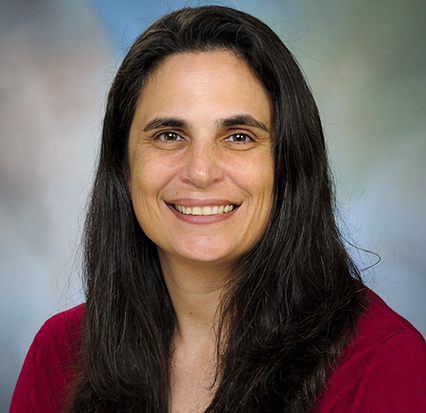
Daneen Nastars, MS, RRT, RRT-ACCS, received the Charles W. Serby COPD Research Fellowship Award. This award was established to promote research in education in the area of COPD. Nastars earned this award as a result of her abstract entitled “Race/Ethnicity and Thirty-Day Readmission in COPD.”
“It was indeed an honor to receive this award both personally and professionally,” Nastars said. “Through organizations like the American Respiratory Care Foundation offering these awards, it gives recognition to respiratory therapists for the work they do to help the profession move forward, but more importantly it helps the patients.”
Keep on writing

Robert T. Dailey, MHA, RRT-ACCS, earned the 2017 Mallinckrodt Literary Award, which recognizes the work of a first time author published in the journal Respiratory Care.
“I liken this award to a ‘Rookie of the Year Award’ for new authors,” Dailey said. “This award means a lot to me as it recognizes the work I have done along with my fellow colleagues who also worked on this project.”
Dailey also noted that this award should also send a message to aspiring authors and researchers that anyone with a dedication and desire for quality improvement has the chance to be recognized similarly.
“I have been a respiratory therapist for the better part of 24 years, with the past 20 years specializing in the post-operative cardiothoracic patient population,” Dailey said. “This is the first time I have received recognition of this magnitude for the work I and my colleagues have done. It is never too late and one should never think they are too old to consider undertaking a project and attempting to get published.”
Clinical excellence
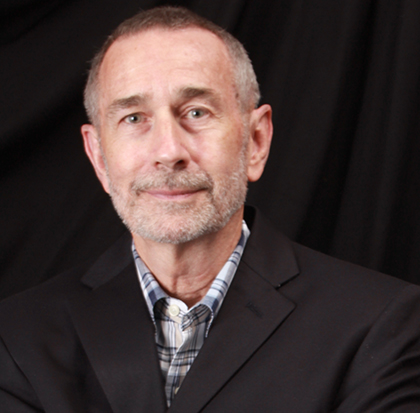
Joseph L. Rau Jr., Ph.D., RRT, FAARC, received the Mitchell A. Baran Award for Clinical Excellence in Aerosol and Airway Clearance Therapies. This award was established in memory of Mitch Baran, the CEO of Monaghan/Trudell Medical companies, and was awarded by the American Respiratory Care Foundation (ARCF) for the first time at the 2017 AARC Congress in Indianapolis, IN.
“Both my research and educational interest have been the use and delivery of pharmaceutical aerosols since entering the profession of Respiratory Therapy, and I was very honored to be chosen as the recipient of this award,” Rau said. “I knew Mitch Baran personally through research work on aerosol delivery products, and recognized Mitch as an individual who was truly concerned with the quality of aerosol equipment, and who was committed to improving that quality for patients. I could not ask for a more meaningful award.”
Dedicated to caring for patients
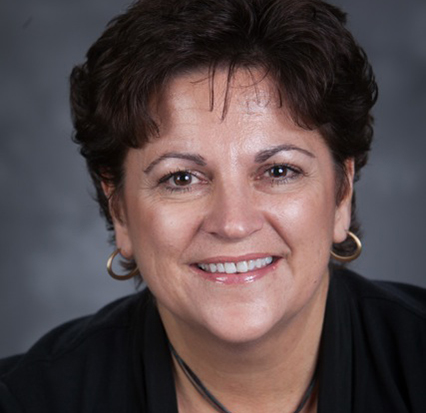
Kim Wiles, BS, RRT, CPFT, received the Thomas L. Petty, Invacare award for Excellence in Home Care. This is an award that was established to recognize outstanding individual achievement in home respiratory care.
“Receiving this award is such an honor and it represents everything I strive for each day with my patients,” Wiles said. “It is not only a positive reflection on my accomplishments as an RT professionally and personally, but it also confirms the importance of working for a company that affords you the opportunity to achieve these goals and is committed to quality patient care. I believe this award will allow me the opportunity to be considered a leader in homecare and have a voice to that benefits our patients at home. It is also a personal confirmation that choosing to dedicate my career to caring for patients in their home and advocate on their behalf has been the right path and will continue to be in the future.”
Continuing to Advance
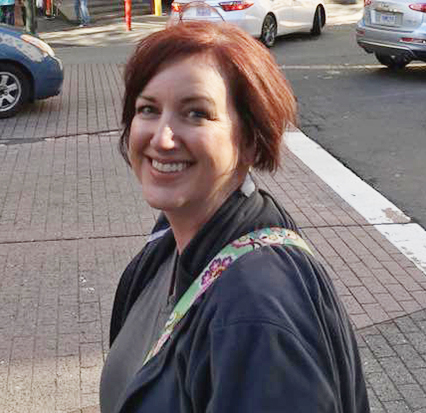
Marby McKinney, MEd, RRT, RRT-NPS, AE-C, received the NBRC/AMP Gareth B. Gish, MS, RRT Memorial Postgraduate Education Recognition Award. This award is given to a respiratory therapist pursuing postgraduate education leading to an advanced degree. The Gareth B. Gish award was established in 1999 in memory of Mr. Gish, who was a true pioneer of the profession. Mr. Gish made enormous contributions to our understanding of the science of respiratory care and mentored literally thousands of therapists throughout his career.
“I feel so blessed and grateful to be the 2017 recipient of the NBRC/AMP Gareth B. Gish Memorial Award,” McKinney said. “I love the profession of respiratory care and would like to continue to advance my education so I can be the best mentor possible. This award will help me achieve this goal.”
Thankful for mentors
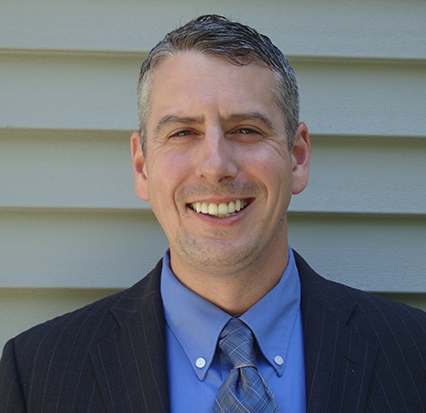
Craig Wheeler, MS, RRT, RRT-NPS, received the Draeger literary award for his paper: “Assessing Initial Response to High-Frequency Jet Ventilation in Premature Infants with Hypercapnic Respiratory Failure.” According to Wheeler, high-frequency jet ventilation (HFJV) remains a controversial respiratory modality, as there are limited data in the literature. He continues to explain that the literature that does exist is difficult to apply to modern NICUs since the enrolled subjects are heterogeneous, the era during which studies were conducted spanned decades and may affect co-treatments, interventions, and significant variation in ventilator strategies.
“In the absence of clinical practice guidelines detailing the application of rescue HFJV in preterm infants, we were interested in further describing attributes of a positive response to HFJV,” Wheeler said. “I am honored by the receipt of this award, and very thankful to have great mentors who guided me through the process.”